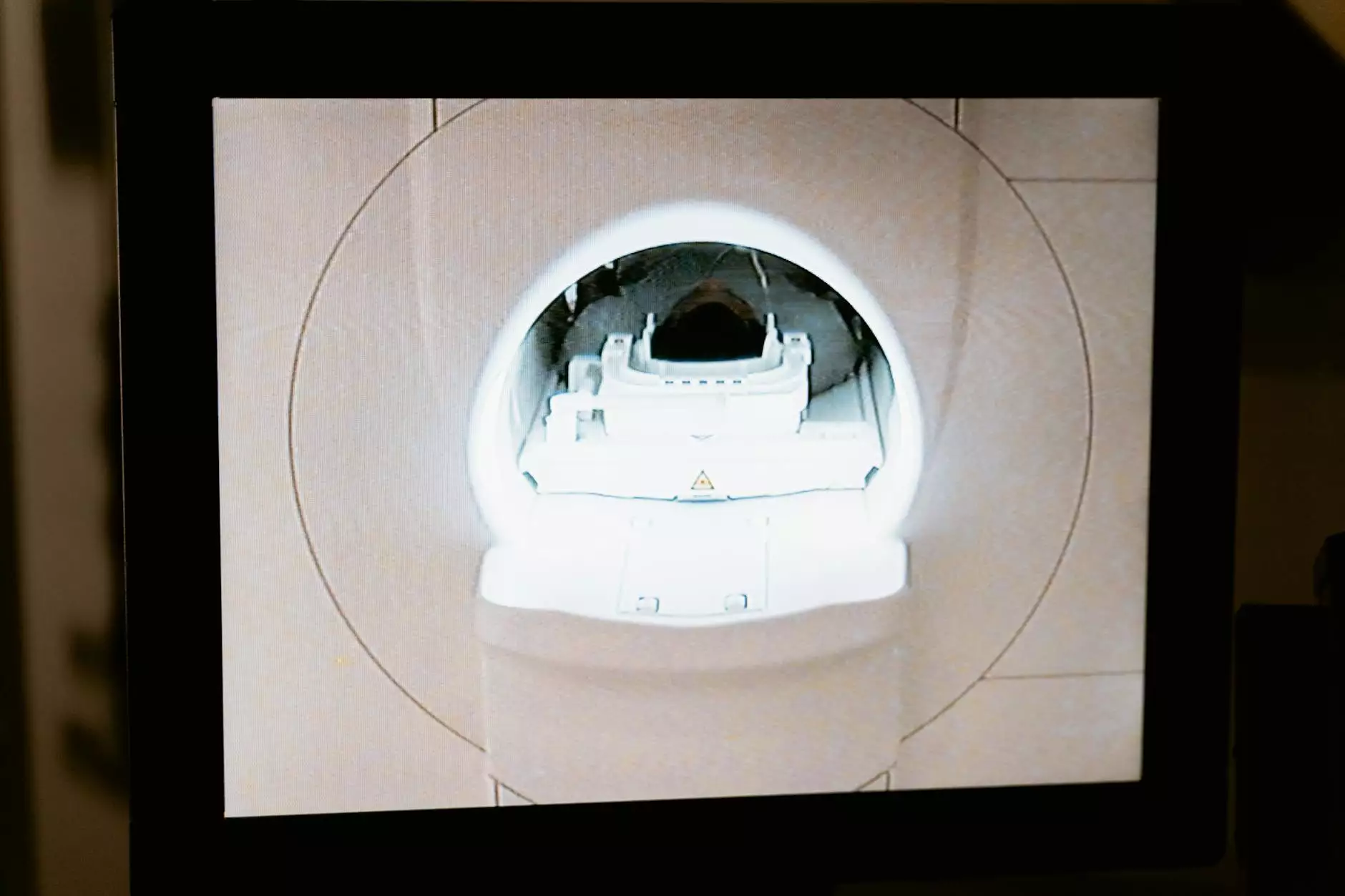How Many Years of Smoking Cause Cancer?

The Dangers of Smoking
Smoking is a hazardous habit that poses serious health risks to individuals. It is well-established that smoking can lead to various health conditions, including cancer. In this article, Norton Community Medical Associates aims to shed light on the link between smoking and cancer, and specifically answer the question: "How many years of smoking cause cancer?"
Understanding the Link
Before we dive into the specifics, it is important to understand how smoking can contribute to the development of cancer. Cigarettes contain thousands of harmful chemicals, including tar, nicotine, and carbon monoxide. When these substances are inhaled, they have the potential to cause significant damage to the cells in our bodies.
Repeated exposure to these harmful substances can lead to genetic mutations and the formation of cancerous cells. Over time, these cells can grow and spread throughout the body, causing various types of cancer, including lung, throat, mouth, and even bladder cancer.
Duration and Risk
The duration of smoking plays a crucial role in determining the risk of developing cancer. Studies have shown that the longer an individual smokes, the higher their chances of developing cancer become. However, it is important to note that the exact number of years required to develop cancer can vary depending on several factors such as genetics, overall health, and the number of cigarettes smoked per day.
While it is difficult to pinpoint an exact number of years, research suggests that individuals who smoke for 20 years or more are at significantly higher risk of developing smoking-related cancers compared to those who have smoked for a shorter duration. Additionally, heavy smokers who consume more than a pack of cigarettes a day are also at an increased risk compared to occasional or light smokers.
Early Detection and Prevention
In order to mitigate the risks associated with smoking, early detection and prevention are crucial. Regular screenings and health check-ups can help identify any potential signs of cancer at an early stage, allowing for prompt treatment options.
Quitting smoking is by far the most effective way to reduce the risk of developing cancer. The human body possesses an incredible ability to heal and reverse damage caused by smoking. By quitting, individuals can considerably decrease their risk of cancer and other smoking-related diseases.
Additional Support and Resources
At Norton Community Medical Associates, we understand the challenges associated with quitting smoking and the concerns related to cancer risk. Our team of healthcare professionals is dedicated to providing comprehensive support and guidance to individuals seeking to quit smoking or monitor their health.
If you have any questions or concerns regarding smoking, cancer, or your general health, please don't hesitate to contact us or schedule an appointment. Your well-being is our utmost priority, and we are here to assist you every step of the way.
Conclusion
While the exact number of years required to develop cancer through smoking can vary, it is clear that the longer an individual smokes, the higher their risk becomes. Quitting smoking and seeking early detection through regular screenings are crucial steps in reducing the risk of developing smoking-related cancers.
Norton Community Medical Associates is committed to providing the highest quality healthcare services and supporting individuals on their journey to better health. Together, we can make a difference by spreading awareness about the dangers of smoking and promoting a smoke-free lifestyle.









